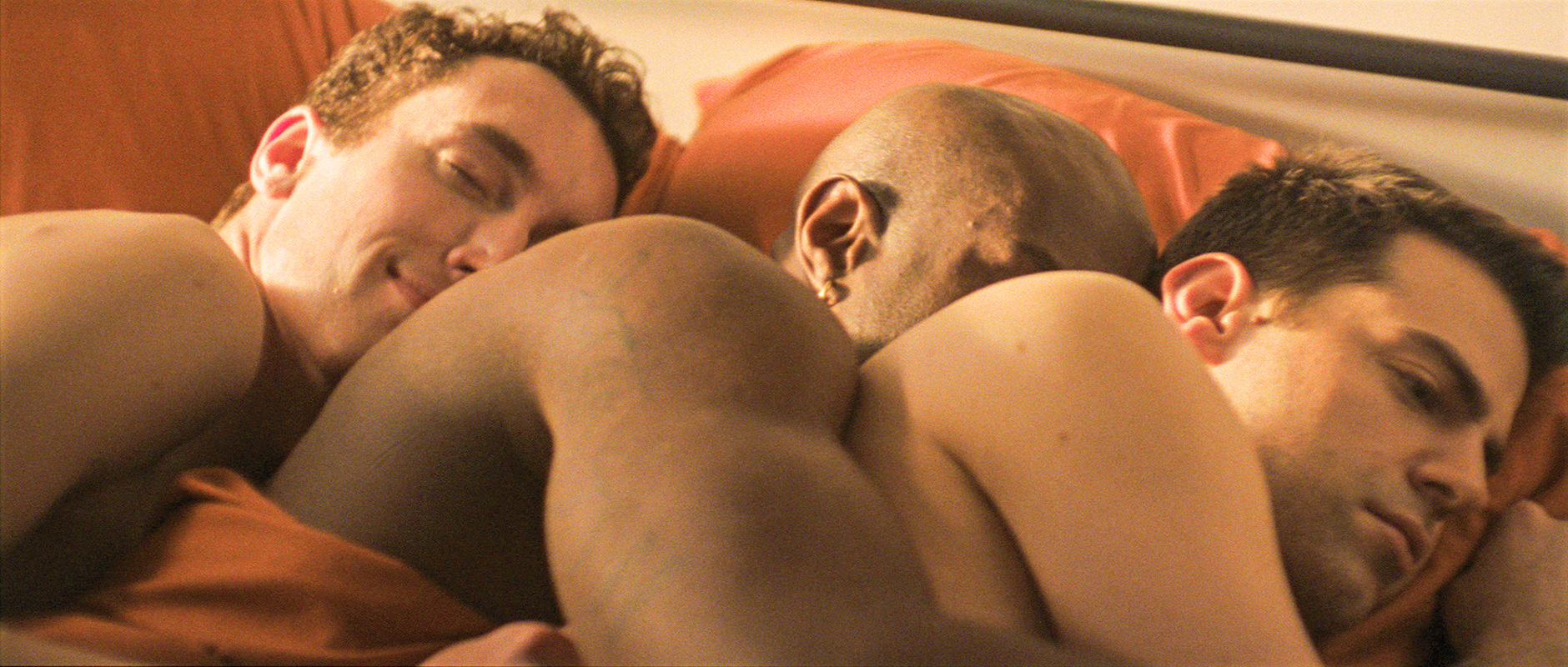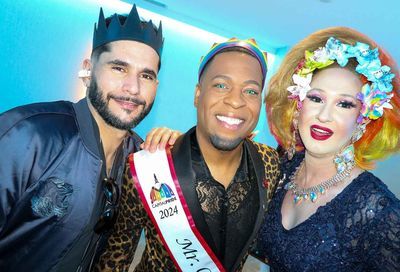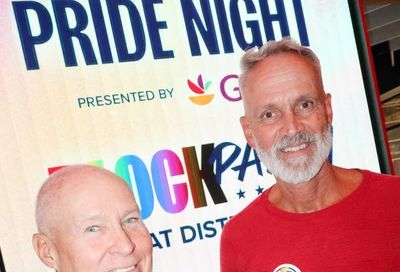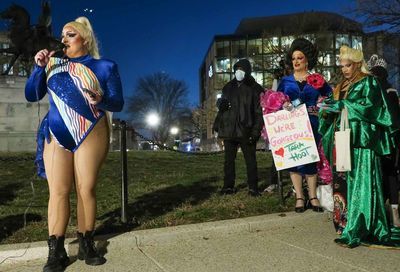Sam Smith’s “Gloria” Review: Queer Glory
Sam Smith's strength as a crooner is once again on full display in their very personal new album, "Gloria."

Coming-of-age albums rarely land as late into someone’s career as Sam Smith’s Gloria (★★★☆☆). By most imaginable metrics, Smith’s career thus far has been a runaway success, and besides, one doesn’t publicly come out twice without plenty of security in their own identity.
But as queer people are well aware, the path to growing up is often a messy, non-linear one and there is rarely one single endpoint, if there can even be said to be a conclusion at all. Smith embraces and showcases that complexity on their most personal and up-front album yet, effectively saying to the world, this is what growing up can look like.
Unsurprisingly, Smith’s strength as a crooner is once again on full display. Their distinct vocals are once again the backbone of the album, but this time they deploy them in the service of a more edgy and daring sound.
In the past, uneven production and inconsistent songwriting have sometimes failed to match Smith’s vocal prowess. The tight, satisfying arrangements and songwriting on display throughout Gloria are a notable and welcome change.
Its title track, a soaring choral hymn to self love, is a particular standout. Smith’s duets with Kim Petras and Ed Sheeran land a little clunky, but they prove their strength as a collaborator on “Gimme” and “Perfect,” making magic alongside Jessie Reyez and Koffee.
Gloria is confessional, but not in the way one might admit their sins in hushed tones. Smith has, after all, not made a secret of the fact that they are a queer ex-Catholic who has struggled with self-acceptance.
What Smith pulls off with great success on this album is making an album about themself that does not feel like an artificial reveal, but instead like connecting the dots between the various pieces of their identity for us, and they return constantly to both their own queer self and the community and history that has informed it.

Occasionally they lay it on a little thick, as they do on “I’m Not Here To Make Friends,” a track that opens with a sample of RuPaul’s iconic “if you can’t love yourself” line. RuPaul’s Drag Race as a stand-in for LGBTQ identity is a convenient shorthand, but it feels a bit like an unnecessary guidepost, given the song’s strength as a sultry, openly sexual small-hours dance number.
Smith reckons with their Catholic upbringing more directly than they ever have in the past, most obviously in the Kim Petras-driven single “Unholy.” Petras’ influence is palpable in the playful sexual overtones and in the track’s heavy hyperpop-adjacent beats that almost seem out of step with the rest of the album, but Smith holds their own alongside her and plays. While far from the strongest track on Gloria, “Unholy” is a satisfying middle finger not only to the church as an institution, but to the destructive unwritten rules and norms that can take a lifetime to unlearn.
The overtness of “Unholy” aside, one major strength of the album is the thoughtful subtlety of some of the songwriting, the best example of which might be the plaintive “No God.
Addressing someone who needs to be talked off their high horse, Smith repeatedly croons, “You’re no God,” leaving us to infer the nature of the figure they’re being compared to — not just powerful but angry, vengeful, and containing a great capacity to harm. Exactly the kind of thing one would want to turn their back on.
While Smith’s queerness has often been incidental to their art in the past, it is no accident that they have identified their most outwardly queer and confessional album as their coming-of-age album.
Rather than waiting for the outside world to apply descriptors as it often does to artists, Smith has taken the initiative to define themself on their own terms and they can point to Gloria as a moment — if not the moment — they embraced every side of their identity and presented it to the world in all its glory.
Gloria is available to stream and purchase starting on Friday, Jan. 27. Visit www.samsmithworld.com.
Support Metro Weekly’s Journalism
These are challenging times for news organizations. And yet it’s crucial we stay active and provide vital resources and information to both our local readers and the world. So won’t you please take a moment and consider supporting Metro Weekly with a membership? For as little as $5 a month, you can help ensure Metro Weekly magazine and MetroWeekly.com remain free, viable resources as we provide the best, most diverse, culturally-resonant LGBTQ coverage in both the D.C. region and around the world. Memberships come with exclusive perks and discounts, your own personal digital delivery of each week’s magazine (and an archive), access to our Member's Lounge when it launches this fall, and exclusive members-only items like Metro Weekly Membership Mugs and Tote Bags! Check out all our membership levels here and please join us today!























You must be logged in to post a comment.